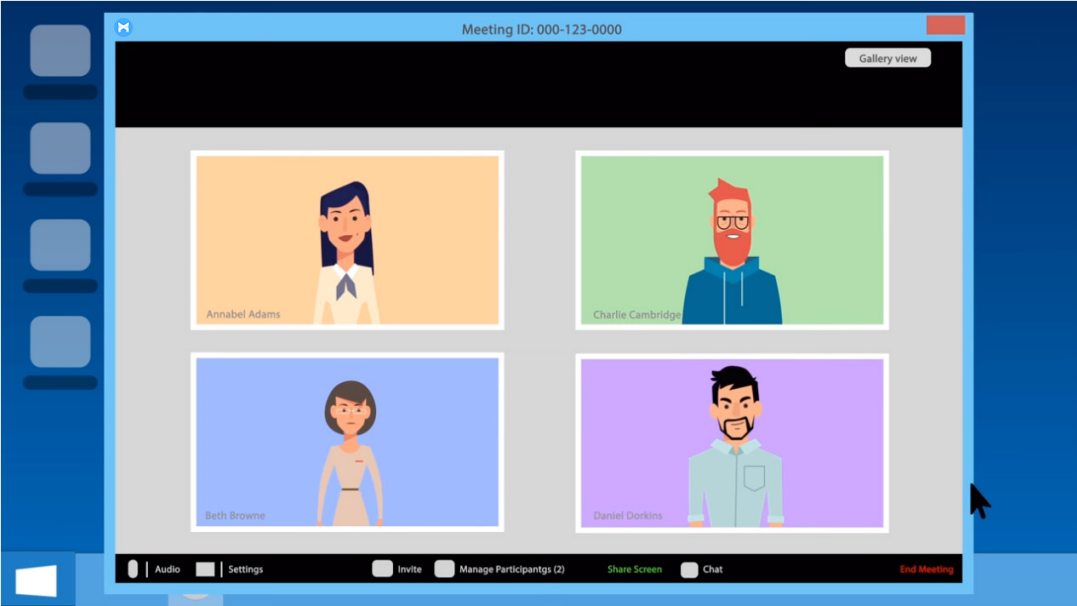The global COVID-19 pandemic has forced every industry to restructure how they function to continue operations. From businesses, classrooms, and even to patient-care, web conferencing has become the best solution to social interactions from a distance.
With web conferencing becoming more frequently utilized, it is no surprise that many users have faced security issues. The term “Zoom Bombing” was coined after web conference attendees were invaded by people not invited to specific meetings, often causing disruptions.
To combat security issues, here are some helpful tips:
Protect your meeting ID
For someone to attack your meeting, they need to know your meeting ID. This can happen if you advertise your meeting ID online, use the same meeting ID as previous meetings, or even by guessing.
To minimize your chances of being attacked, don’t advertise your meetings online and don’t use your personal meeting ID. Instead, schedule a new meeting each time.
Protect your webinars
If you’re hosting a webinar that you are trying to advertise, MaX Meetings can offer the following options:
- Host can set limitations on what attendees can do
- Only the host/panelists can share videos or content
- The host has control over whether or not attendees can speak or utilize the chat feature
Protect your large meeting
If you’re hosting a large meeting, consider the following steps to prevent unexpected attendees.
- Use a password. This does not guarantee the prevention of all unwanted attendees since passwords can be shared, but it adds an extra level of security.
- Lock the screen sharing feature so that only the host can share content.
- Mute all participants.
- Prevent video by either setting participants to not start videos when joining or stopping someone’s video during the meeting.
For more helpful tips on MaX UC and MaX Meeting, visit our Customer Care page for downloadable Quick Start Guides.

